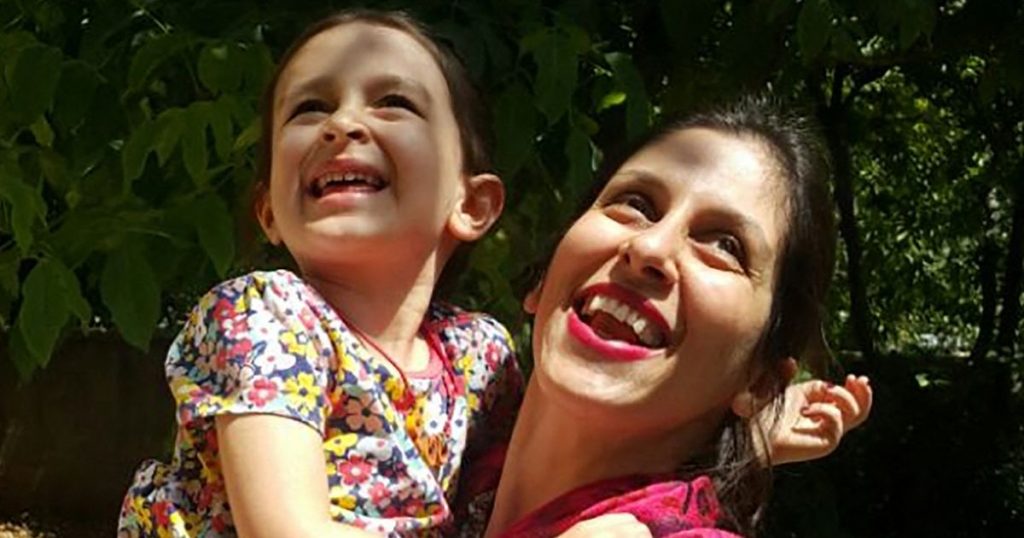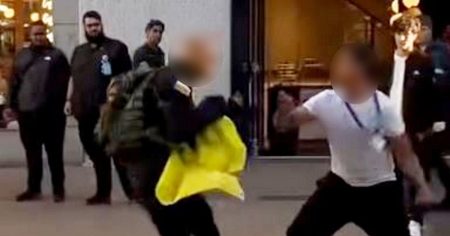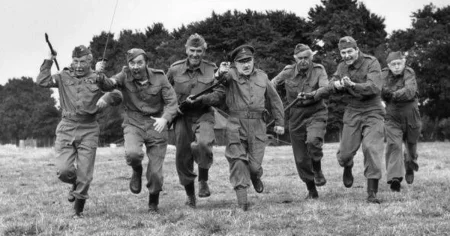Nazanin Zaghari-Ratcliffe, who was detained in Iran in 2016 on suspicion of espionage, revealed that she coped with her nearly six-year imprisonment by knitting gifts for her daughter Gabriella. Using scraps of wool collected from others about to be released, she crafted a pinafore for Gabriella, calling it the “freedom pinafore” as the wool once belonged to those freed. She also made woollen hats as presents for her friends in prison. Upon her release in March 2022 after the UK paid a £400million debt to Iran, Nazanin reflected on the significance of clothes in maintaining power over identity and how she found solace in sewing during difficult times, even in freedom.
Life in Evin prison in Tehran was challenging for Nazanin, but she found ways to cope by engaging in creative activities like knitting and crafting accessories. She described her time on the ward as resembling a university campus, where women cooked, read, and supported each other. However, the experience was repetitive and regimented, with the main challenge being how to pass the time each day. Solitary confinement was even more stifling, with Nazanin noting that time felt stagnant and there was little to occupy her mind. Her husband, Richard Ratcliffe, mounted a campaign to have her released, including hunger strikes and advocacy efforts that ultimately led to her freedom.
Nazanin’s experience in prison included at least three hunger strikes and the emotional toll of being separated from her family, particularly her daughter Gabriella. Nazanin’s resilience and determination to survive her ordeal are evident in her crafting projects and commitment to supporting other inmates despite the harsh conditions in Evin prison. Her story highlights the human cost of political tensions and diplomatic disputes that can result in individuals being unjustly detained or imprisoned in foreign countries. The use of clothing and sewing as a form of emotional expression and empowerment during her time in prison underscores the importance of maintaining a sense of identity and agency in challenging circumstances.
Upon her release, Nazanin spoke about the significance of clothes and the power of personal style in asserting one’s identity. She shared how being deprived of that power in solitary confinement made her appreciate the act of choosing what to wear when she was eventually transferred to the general ward. Nazanin’s reflections on her time in prison and her coping mechanisms illustrate the resilience of the human spirit and the ways in which individuals can find moments of solace and strength even in the darkest of times. Her story serves as a reminder of the enduring power of creativity, compassion, and hope in overcoming adversity and fighting for justice.
The international efforts to secure Nazanin’s release underscore the impact of collective advocacy and public support in influencing diplomatic decisions and securing the freedom of unjustly detained individuals. The role of her husband, Richard Ratcliffe, in leading the campaign for her release demonstrates the power of love, perseverance, and solidarity in championing human rights and seeking justice for those who have been wrongfully imprisoned. Nazanin’s story resonates with many around the world, highlighting the importance of standing up for the rights of individuals who are vulnerable to political persecution and arbitrary detention. Her journey from imprisonment to freedom is a testament to the resilience and courage of individuals who refuse to be silenced or forgotten in the face of injustice.














